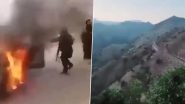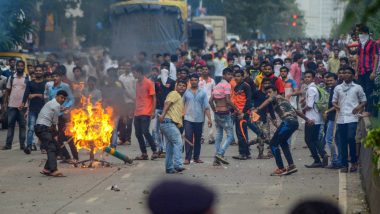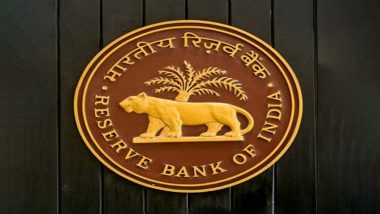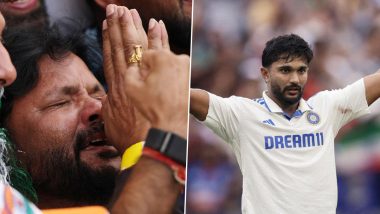India was marred by protests and violent agitations by various communities and organisations throughout the year 2018. Due to protests government machinery of some states came to a halt. Protesters vandalised government buses, vehicles, shops and they even school buses. These protests also led to the loss of lives. Taking cognisance of the loss of property in violent protests, in October, the top court said that if the protesters turn violent and vandalise property their leaders must present themselves for questioning before the police within 24 hours.
The protests which brought the nation to a halt are:
Bhima-Koregaon Protest: Bhima Koregaon case refers to the violence that broke out during the gathering in Shanivar Wada in Pune to celebrate the 200th battle of Bhima Koregaon on January 1. The interference of the upper case Maratha on the Dalit gathering resulted in the violence. In the clashes, one person died and over 30 people injured. Police have detained more than 300 people, after this, a Maharashtra bandh was called by Dalits on January 3, 2018. Protests were staged all over Maharashtra. In Mumbai, suburban trains were affected due to which Dabbawalas suspended their services. In some areas protests were turned violent.
Padmaavat Protest: Karni Sena and other Rajput organisation protested against the release of Deepika Padukone, Ranveer Singh and Shahid Kapoor starrer movie Padmaavat. Deepika played the role of Queen Padmavati in this movie. Padmaavat, which was earlier scheduled to release as 'Padmavati' on December 1, faced the wrath of Karni Sena and other Rajput groups. The protesters alleged distortion of history by the filmmakers, claiming that Padmavati, a 13th century figure considered as deity by a section of Rajputs, has been defamed. In a very shameful act during the series of protests, even school bus was attacked.
SC/ST Protest: Various Dalit groups protested on April 2, against the ruling of the apex court on the SC/ST Act which prevents immediate arrest without verification. Dalit groups consider this verdict will dilute the SC/ST Act. More than nine people were killed and several lefts injured in violence that erupted across several states as protestors blocked trains, clashed with police and torched private and public properties, during a nationwide bandh.
Sterlite Protest: On May 22, people of the Thoothukudi district of Tamil Nadu protested against the construction of a copper plant, claiming that it was polluting groundwater, and was hazardous for the environment. The protests took a violent turn when 13 people were killed and more than 60 were injured in the police firing during the protest. The police fired at a crowd of 20,000 protesters. However, months after the protest, the autopsy report has confirmed that 12 out of 13 protesters died as bullets – fired by police – hit them either on the chest or head.
Maratha Agitation: The Maratha community has been demanding 16% reservation in jobs and educational institutions for a long time. Its agitation took a violent turn in July and August this year. The Maratha Kranti Morcha, an umbrella body of various community bodies, had called for a two-day state-wide bandh in July to press for their demand across Maharashtra. In Mumbai, Protesters took to streets and blocked the Eastern Expressway. The Sion Panvel highway was also completely blocked. Several BEST buses were vandalised, and railway tracks were blocked as Maratha protesters to enforce the day-long bandh.
Sabarimala Protest: On September 28, a five-judge constitution bench headed by then Chief Justice Dipak Misra, in its 4:1 verdict, had cancelled all ban on the entry of women of all ages into the Sabarimala Temple of Lord Ayyappa in Kerala. Around 69 people were arrested in November after they allegedly violated Section 144 imposed in the vicinity of the temple. A string of protests has been witnessed in the state after the Supreme Court's verdict.
Farmers’ Protest: The farmers, thousands in number, began their agitation on September 23 at Haridwar in Uttarakhand. Violent clashes erupted between farmers and the Delhi police at Delhi- Uttar Pradesh border in Ghaziabad on October 2 as they were Farmers were marching towards Kisan Ghat.
In contrary, farmers of Maharashtra set an example the way they organised their protest in March. The farmers marched from Nasik to Mumbai to gherao the Maharashtra state assembly demanding complete loan waiver and increase in minimum support price. They reached Mumbai early in the morning so that student who were to give their board exams should not face any difficulty. In November also they conducted a similar type of long march.
(The above story first appeared on LatestLY on Dec 30, 2018 01:48 PM IST. For more news and updates on politics, world, sports, entertainment and lifestyle, log on to our website latestly.com).













 Quickly
Quickly






















